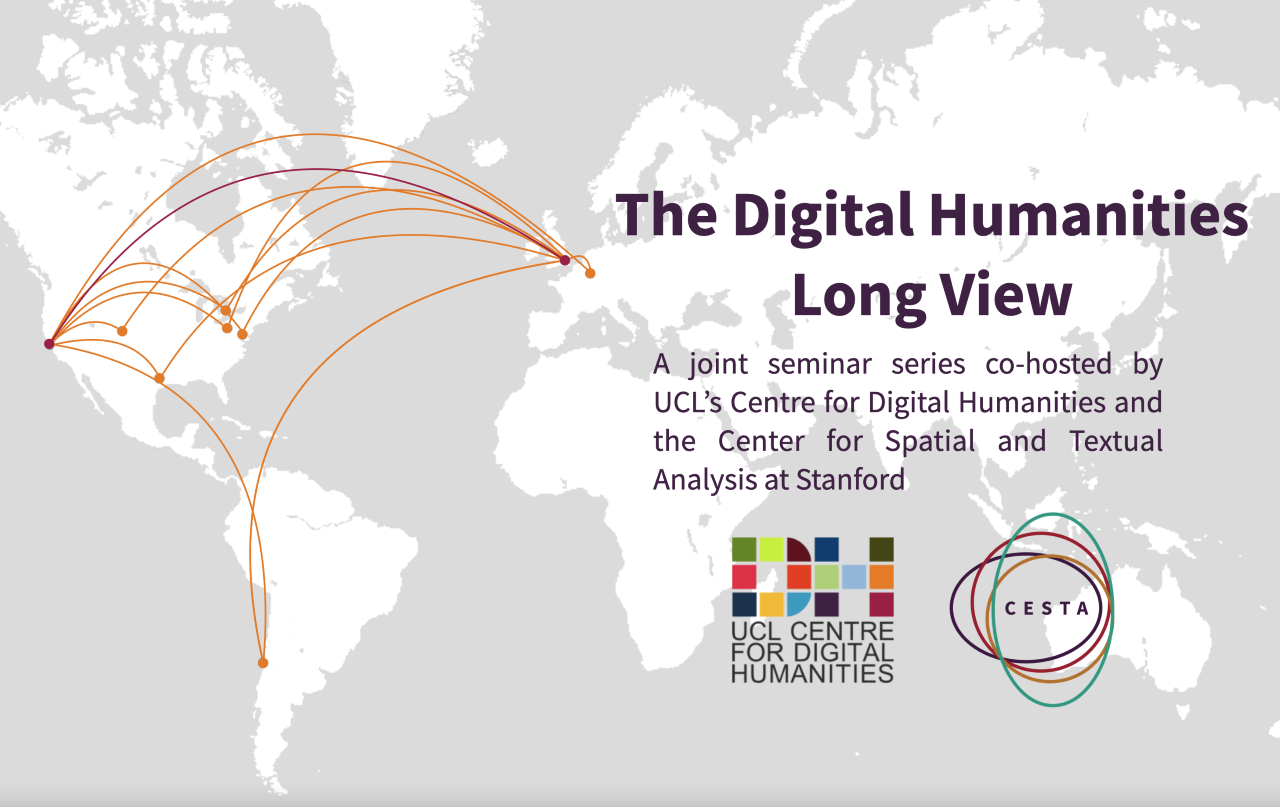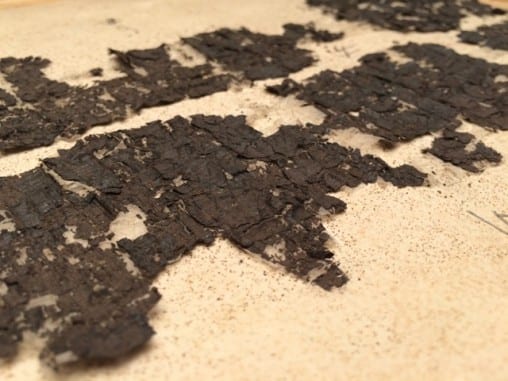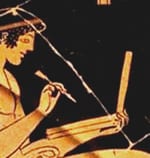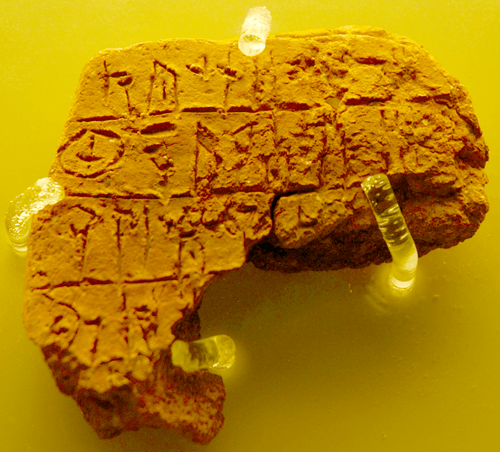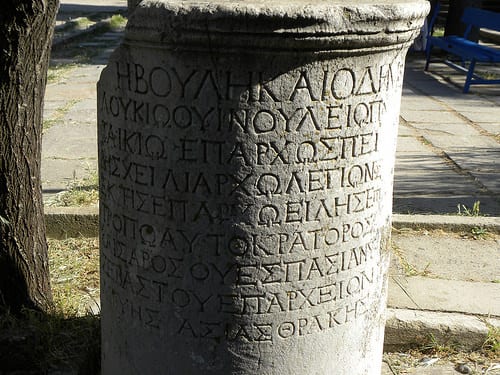Sloane Lab and HDSM Darmstadt Seminar Series 2024: Critical and creative engagement with historical data
By Lucy Stagg, on 26 March 2024
We are delighted to announce the second edition of the Sloane Lab symposium series commencing on the 16th of April 2024, facilitated in collaboration with the Humanities Data Science & Methodology (HDSM) Oberseminar of TU Darmstadt, the UCL Centre for Digital Humanities (UCLDH) and the UCL Institute for Advanced Studies (UCL IAS). This seminar invites international speakers whose work is situated at the intersections of collections as data, cataloguing histories and critical archival studies, heritage infrastructures, critical digital heritage, and information science.
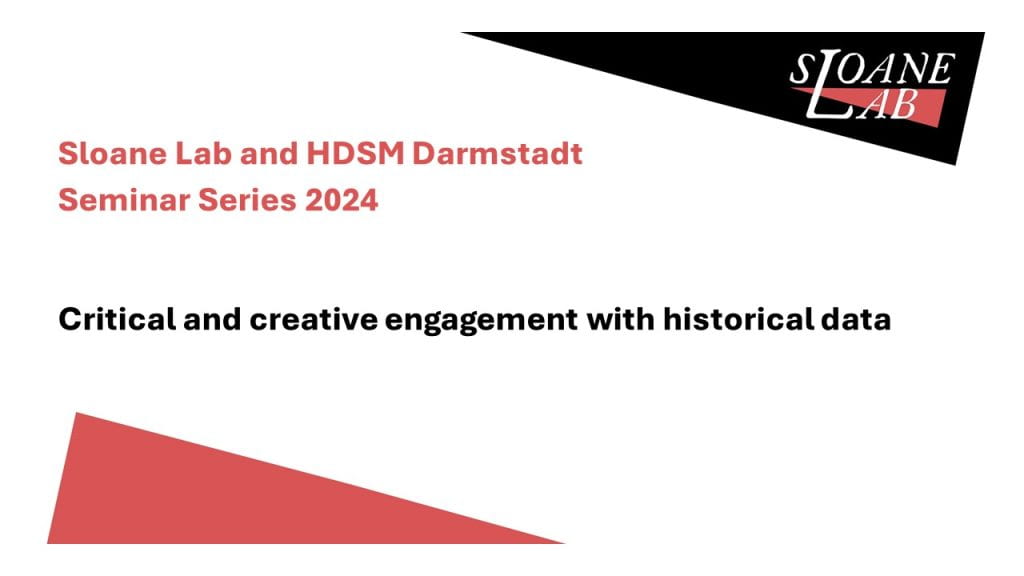
The seminar papers explore and foreground:
- Computational approaches as means for historical inquiry, critique and creative takes on data driven research paradigms.
- The potential of digital tools and data aggregations to shed light on the geographic spread, collectors, and knowledge in historical cultural heritage collections.
- Reflections on the contested nature of museum and archival collections and the role of collections as data research in foregrounding overlooked or ignored and marginalised issues like imperialism, colonialism, slavery, loss, and destruction, that have shaped collections.
- The role of digital archives in addressing historical and present-day injustices.
- Creative approaches for virtual exhibition and collection data platforms design.
Paper presentations take place online between the 16th of April and the 16th of July, on Tuesdays at 15:30 BST/16:30 CET.
Register for the event and view the programme: https://critical-creative.eventbrite.co.uk
The Sloane Lab Seminar Series is convened by Marco Humbel (Sloane Lab & UCLDH), Nadezhda Povroznik (TU Darmstadt), Julianne Nyhan (TU Darmstadt & UCL) and Andrew Flinn (UCL). Administrative support is provided by Lucy Stagg (UCLDH & UCL IAS).
This joint virtual seminar is co-hosted by University College London, TU Darmstadt, the British Museum and the Natural History Museum.
The symposium is funded by the Towards a National Collection programme (Arts and Humanities Research Council) as an activity of the Sloane Lab Discovery Project.
 Close
Close


